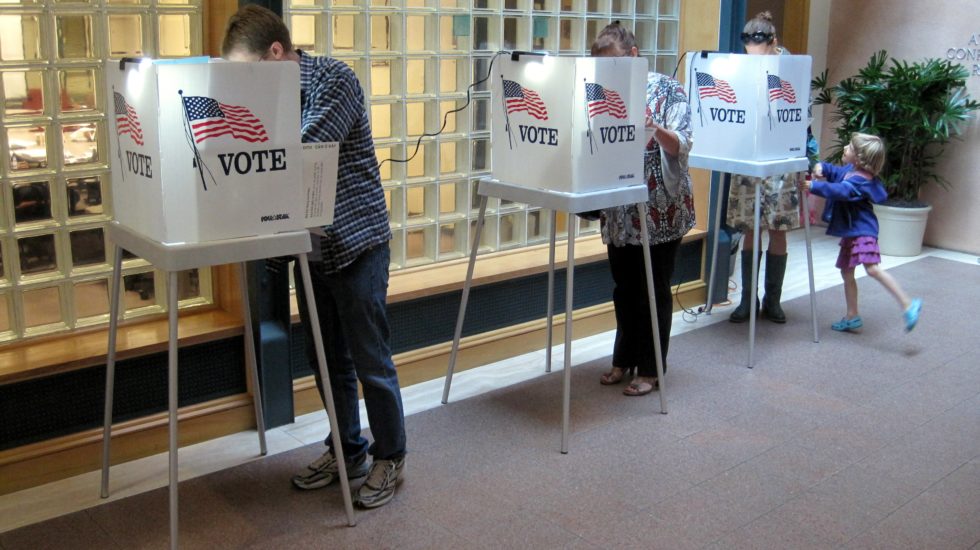We live in a country with free elections, but since 2016 it’s easy to think your vote doesn’t count all that much (if at all). The Russians hacked the election two years ago (and there are signs they are meddling again), the electoral college “Trumped” the popular vote and now there is talk of rampant voter suppression. The Root writes:
Voter suppression is simple—it’s a set of tactics used to block voters from exercising their right to vote. And there’s a long, long history of voter suppression in the United States.
Black men were allowed to vote after the Civil War thanks to the 15th Amendment, which was ratified in 1870. Because of Jim Crow laws, black folks were forced to take literacy tests and pay poll taxes, among other barriers to voting.
Fast forward to 2018. Today, voter suppression can come in the form of voter ID laws, voter roll purges, voting place closures and robocalls that intentionally misinform voters, to name a few.
Issues with voter suppression have been reported in several states including Georgia. Secretary of State, Brian Kemp, the Republican candidate for Governor is accused of suppressing votes. The Hill reports:
Allegations of voter suppression have plagued the Georgia gubernatorial race. Recently, the Associated Press reported that more than 53,000 voter registration applications — 70 percent of them from black voters — are on hold after failing to meet the state’s “exact match” law.
Georgia law requires an applicant’s information on a voter registration form to exactly match the information on a federal or state database.
The first debate between Democrat Stacey Abrams and Republican Brian Kemp in the race for Georgia governor was dominated by charges of voter suppression and counterclaims of encouraging illegal voting.
Disputes over voting access took center stage Tuesday night, highlighting Abrams’ historic bid to become the first black female governor in American history and the long-simmering politics of race in the Deep South. Kemp, who is white, fended off accusations that he’s using his position as Georgia secretary of state to make it harder for minority voters to cast ballots.
The American Civil Liberties Union has warned that Republican attempts to limit access for Democratic voters could have a significant impact on close U.S. Senate races in Arizona and North Dakota.
When we asked what the top issues were as you head to vote, voter suppression came up a lot. Here is some of what your fellow readers told us.
Bonny Weil (Martinez CA) Voter suppression is terrifying to me it’s telling me that a minority of people with a minority view are actively working to take away the rights of the majority to have their say.
Joyce Berger (TN) The Republican ongoing voter suppression is a massive concern. The ability to vote (and have it count) is at the heart of our political system. Their strategies are so blatantly and transparently racism and it’s done without apology. The core of voter suppression came originally from ALEC that provided state legislators with model legislation to eliminate as many Democratic voters as possible and it has worked. Contacting your senator or representative is futile (mine are Corker and Blackburn) is a waste of time… There’s no other way a citizen can effectively deal with elected officials other than voting or mass rioting (which is bad pr but sure gets attention)… Voting is the core of resolution..
Amy Kirby My primary concern right now is the validity of our vote. I live in Georgia and we have imminently hackable, paper-less systems and a SoS determined to limit the voting population in every way possible. I’d like to hear more about what is being done (or not) to ensure that our elections are fair and accurate. This includes hacking, foreign social media campaigns, voter suppression, and gerrymandering. If our votes don’t matter or count, we are truly in danger of losing our democracy.



